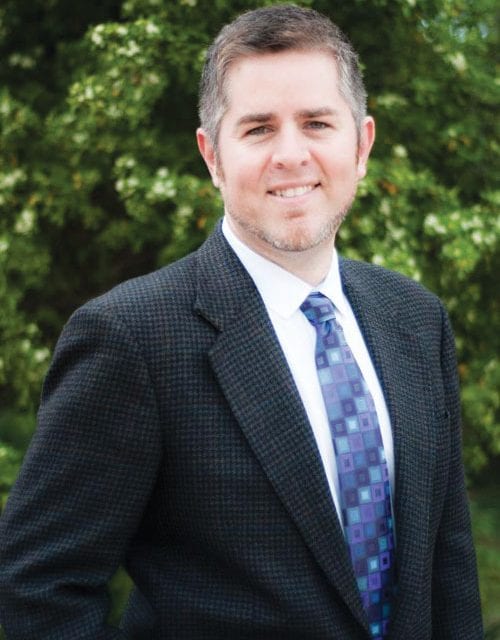A City Council resolution proposed by Gay and Lesbian Chamber seeks to grow funding for events, attract LGBT tourists
AUSTIN — Gay tourists may soon head to the state capital for bigger gay festivals, national conventions and new LGBT components to other annual Austin events.
Discussions to increase LGBT tourism began in January after the Austin City Council approved a resolution calling on the city manager to work with the Austin Gay and Lesbian Chamber of Commerce and the Austin Convention and Visitors Bureau to increase LGBT tourism, events and conventions in the city.
The city manager was directed to report on progress to the city council on March 28. Since the resolution passed, AGLCC president Jimmy Flannigan said talks are underway.
Austin already directs some money to the AGLCC, but the amount is small compared to the city’s other minority chambers of commerce.
The Hispanic Chamber of Commerce received $212,705. Capital City African American Chamber of Commerce got $171,000 and the Austin Asian Chamber of Commerce was allocated $142,500 while the gay and lesbian chamber only received $23,750.
Flannigan said that money was for business development and has nothing to do with the current resolution to expand tourism. But there’s not an estimate yet on how much the city will invest in LGBT tourism.
At the time the money was allocated in 2010, Flannigan said the AGLCC had dwindled from more than 300 members to about 15. The city gave the gay and lesbian chamber money for board development in order to send people to training to become a viable entity again.
The current proposal deals with tourism, something Flannigan said the other minority chambers don’t do.
“Austin is still a small city with big dreams,” Flannigan said.
He said gay tourists look for big events to attend. Austin events need to grow before they’ll attract regional and then national tourists.
In preliminary discussions with the CVB, they discussed opportunities to grow Queer Bomb in June, the Pride parade and festival in September, the film festival and various LGBT sporting events.
“We’re also talking about making other events gayer,” he said.
Those events include South by Southwest, Austin City Limits and the Formula 1 race.
“The biggest missing piece is collaboration,” he said.
The Austin chamber used to produce the Pride events but that was spun off to its own nonprofit organization in 2010.
He said the chamber has no interest in creating new or bigger events, but wants to facilitate groups to work together to create larger events.
He said one of the pieces missing in Austin is an LGBT community center, which he doesn’t think will be funded anytime soon. Without that, the community lacks a central focal point and groups lack a regular meeting place.
Since talks began, he said three hotels have contacted the chamber to ask how they could help and become strategic partners.
“We’re in a preliminary phase,” he said.
Right now, he said they were looking at what other cities are doing. He used Key West as a model.
“They have major gay weekends and weeks throughout the entire calendar,” he said. “That’s the kind of thing Austin can do.”
He called Austin the gayest city in the Southwest.
“We have this national cache,” he said, “and we’re not leveraging it.”
The North Texas GLBT Chamber of Commerce has had a partnership with the Dallas Convention and Visitors Bureau since 2005. Chamber President and CEO Tony Vedda said Dallas doesn’t fund chamber projects the way Austin does.
The Dallas CVB has a diversity committee that includes the presidents of the four niche chambers, Vedda said.
He said booking LGBT conventions in Dallas has been very successful and is an ongoing effort. In addition to bringing back Out & Equal, Creating Change and the National Gay and Lesbian Chambers of Commerce, he said they are working on hosting the Victory Fund and GALA choruses among others.
Austin-based statewide advocacy group Equality Texas Executive Director Chuck Smith sees opportunities to partner with the Austin chamber and CVB for lobby days during legislative sessions.
“I’d love them to help us bring the voices of small businessowners to speak to legislators,” Smith said.
He said he hoped a collaboration with the chamber would also help bring representatives of major Texas-based corporations in the state to Austin to explain why workplace equality makes economic sense.
This article appeared in the Dallas Voice print edition February 7, 2014.
















